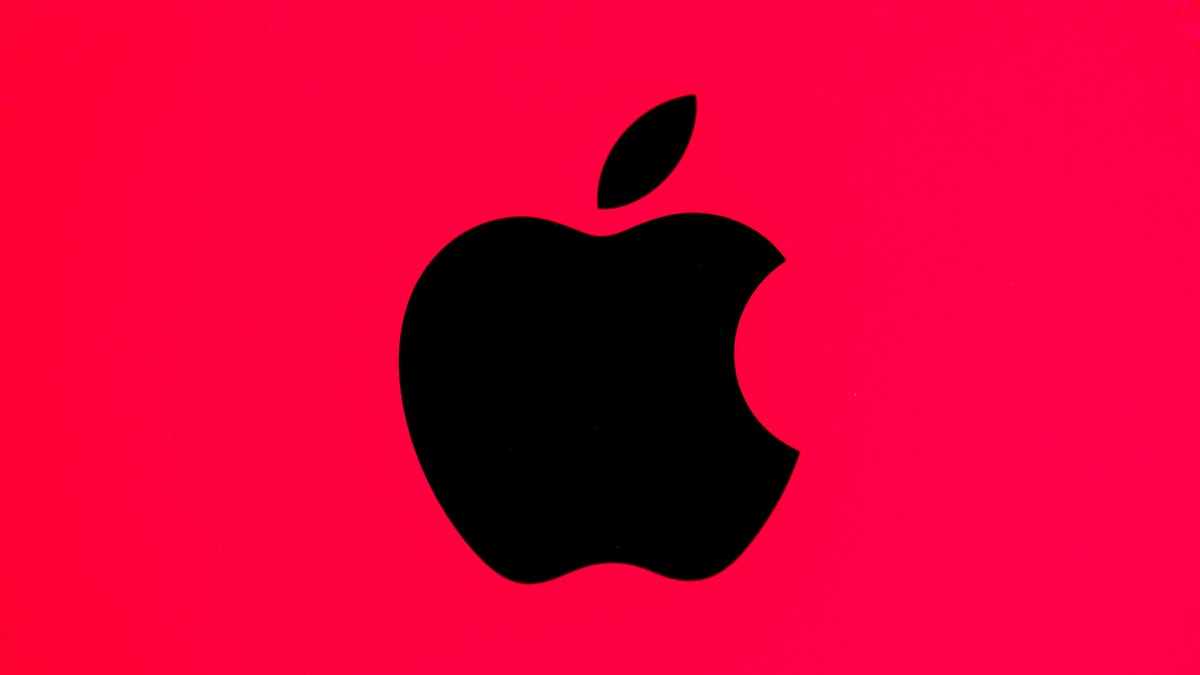Stock Splits: Why They Happen and What Investors Should Know
Apple will split its stock for the fifth time ever later this month. What does that mean?

Does a stock split make Apple shares more attractive?
Apple announced in its third-quarter earnings call on July 30 that it had approved a four-for-one stock split. This would make the fifth time the iPhone maker split its stock -- and the first time since 2014.
Once a company has an initial public offering, giving individuals and institutional investors a chance to purchase shares of its stock, there are a number of moves it can make to increase its price and enhance its appeal. A stock buyback, for example, decreases the number of outstanding shares, increasing the value of each. But when share price reaches a certain threshold, a company may decide to split its stock.
Last week, Apple announced that it would split its stock for only the fifth time in its 44-year history. Amazon has split its stock only three times -- the last time in 1998 -- which helps explain its high price of $3,138.83 per share at closing on Tuesday.
Read on to learn what a stock split means for companies and investors.
What is a stock split?
A stock split is a fracturing of the company shares in circulation. This causes more there to be more shares to be in circulation, but at a lower price. For example, in a two-for-one stock split, an investor who held one share of stock worth $100 will end up with two shares of stock, each worth $50.
Nothing fundamentally changes -- this just creates more flexibility for investors, employees compensated by stock options, indexes and even the company itself. A stock split often signals current and upcoming growth for the company.
After Apple's four-for-one split, shareholders will have four times the number of shares as before. The value of each share will be quartered, however, meaning that the value of a shareholder's stake will remain unchanged. Apple stock closed at $438.66 on Tuesday.
Why do companies split their stocks?
Basically, it's optics. Companies usually split their stocks once they perceive the share price has grown "too expensive" for mainstream investors.
"For popular stocks like Apple, the lower share price makes it attractive to investors who couldn't afford higher share prices, but want to own a piece of the company," said Caleb Silver, editor-in-chief of Investopedia.com. "Stock splits are seen as a sign of confidence from a company, and considered a response to more demand for its shares from investors."
The last time Apple split its stock was on June 9, 2014. When trading stopped, shares were priced at $645.57. Then the seven-for-one stock split took effect, lowering the price to approximately $94.
Once a stock price decreases after a split, the theory goes, more investors will buy shares, boosting the price. Mathematically, the company's overall market cap remains unchanged.
"To be crystal clear, however, and as proven by grade school algebra, stock splits have no impact on the value of a company," said Max Gokhman, head of asset allocation at Pacific Life Fund Advisors.
Nevertheless, it can be effective. Apple's stock price increased by approximately 10% on Friday after the split was announced.
When will Apple's stock split?
At the end of trading on Aug. 24, Apple will initiate its four-for-one split. Shareholders will see four times the number of shares they held previously in their portfolios by the end of business on Aug. 28. And the company's stock will begin trading for one-fourth of its previous value starting on Aug. 31.

